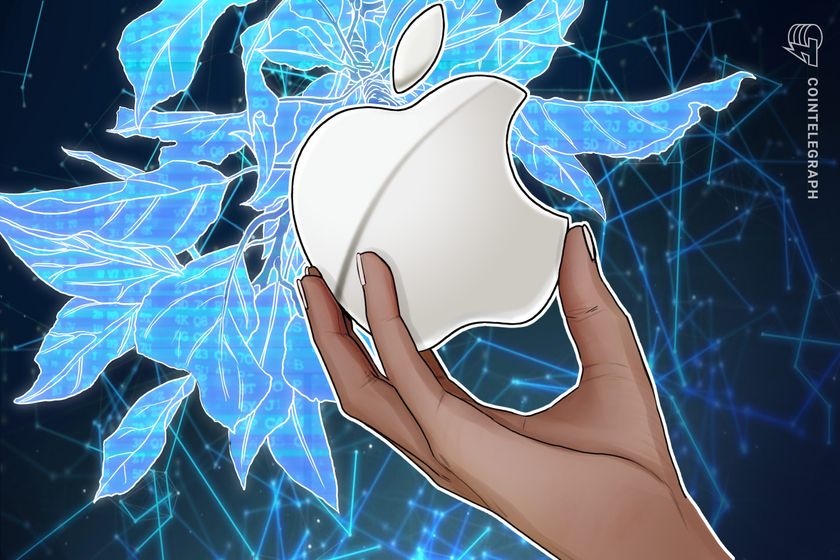Polygon Labs announced on Sep. 29 that Google Cloud has joined the Polygon PoS network as a validator.
Google Cloud joins more than 100 other validators verifying transactions on its L2 Ethereum network.
This month, @GoogleCloud became part of the decentralized validator set for Polygon PoS.
The same infrastructure used to power @YouTube and @gmail is now helping to secure the fast, low-cost, Ethereum-for-all Polygon protocol.
With 100+ validators securing the Polygon PoS…
— Polygon (Labs) (@0xPolygonLabs) September 29, 2023
Per a post from Polygon Labs on the X platform announcing the partnership:
“The same infrastructure used to power YouTube and Gmail is now helping to secure the fast, low-cost, Ethereum-for-all Polygon protocol.”
Validators on the Polygon network help secure the network by operating nodes, staking MATIC, and participating in proof-of-stake consensus mechanics.
Separately, learn more about our work in the blockchain space, in an ongoing strategic collaboration with @0xPolygonLabs https://t.co/r6yAtUSXEc
— Google Cloud Singapore (@GoogleCloud_SG) September 29, 2023
The Google Cloud Singapore account confirmed on X that Google Cloud was “now serving as a validator on the Polygon PoS network,” adding that it would be “contributing to the network’s collective security, governance, and decentralization alongside 100+ other validators.”

While many of the validators are anonymous, as Cointelegraph recently reported, Google Cloud joins Germany’s Deutsche Telekomone of Europe’s largest telecommunications firms, on the Polygon network.
For its part, Google Cloud describes its relationship with Polygon Labs as “an ongoing strategic collaboration.” Alongside the announcement that it would be joining the network as a validator, Google Cloud APAC also released a YouTube video titled “Polygon Labs is solving for a Web3 future for all.”
Polygon Labs recently launched its “Polygon 2.0” initiative to update the Polygon network. As Cointelegraph reported, “Phase 0,” the current phase, features three Polygon Improvement Proposals (PIPs), PIPs 17-19.
PIP 17 involves the transition from MATIC to new token POL, whilst PIPs 18 and 19 address supporting endeavors such as the technical description of POL and updating gas tokens. According to Polygon, these changes are slated to begin taking place in Q4 2023.
Related: Google Cloud adds 11 blockchains to data warehouse ‘BigQuery’














